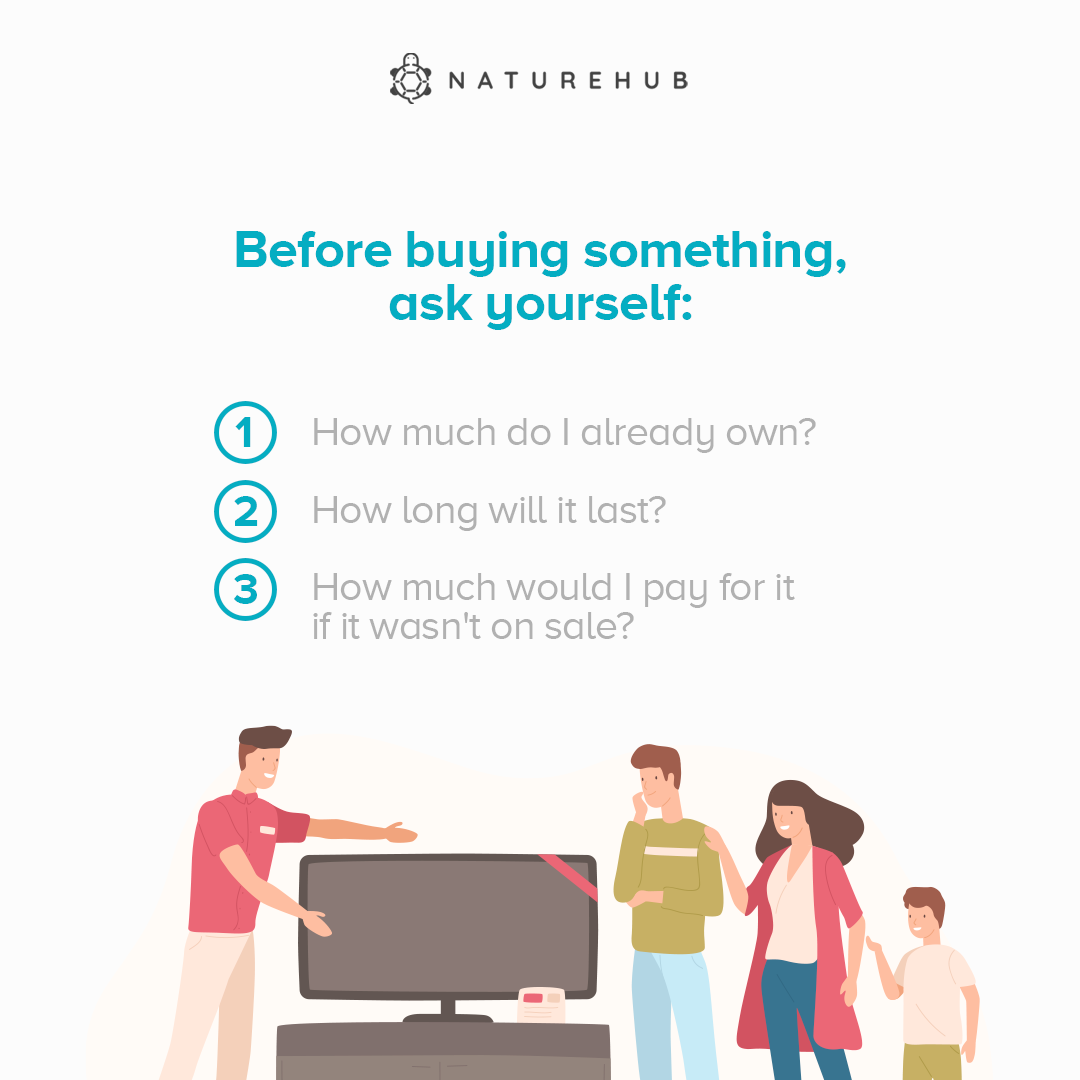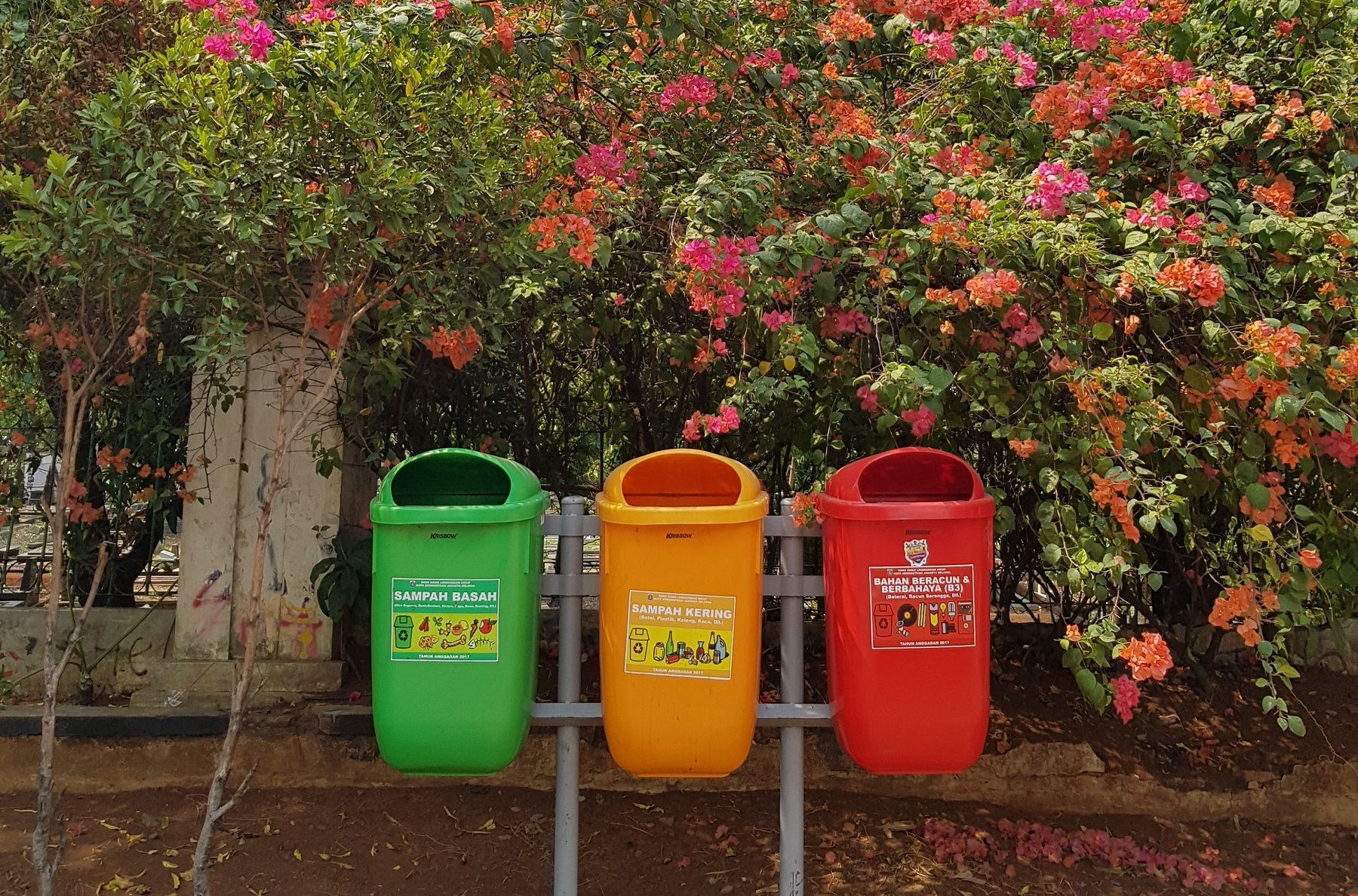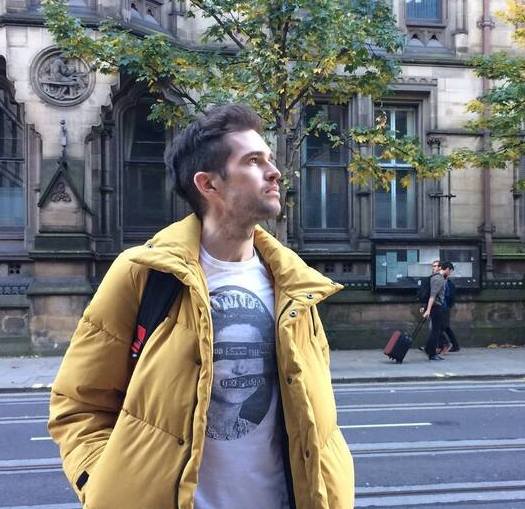It’s November, which generally means a few things. Fall is in full swing, crops have been harvested, Christmas is around the corner, and many people around the world are reflecting on their year that has passed.
When it comes to seasonal symbolism, the fall is ripe with so much meaning. They say that spring represents rebirth, while the autumn represents us reaching maturity.
And what we at NatureHub have recognized, is that as many of our followers mature, they’re beginning to see the value of zero waste.
But what is zero waste exactly? We’ve got many guides on it over on our blog, but in this article we want to break down the important 5 R’s:
- Refuse
- Reduce
- Reuse
- Recycle
- Rot
Let’s take a look at what each one means and how to make these sustainable practices an essential part of your life.
Refuse
Are you the type of person who finds it hard to say “No” to people?
Part of maturing as an adult is learning how to say no. When you don’t want to do something, you need to be able to stand up for yourself and say so.
When it comes to zero waste, this applies to saying no to gifts and freebies that people are offering you, but which you know are just bad for the planet.
For example, let’s say a friend offers you a plastic toy for your child, but you’re plastic-free nowadays. It’s okay to say no, as long as you do it politely (but assertively).
Or, let’s say your local supermarket is still using plastic bags. You can refuse to shop there, but you can also go further by suggesting they start ditching them.
When you go to your local greengrocers for fruit — why not pack the fruit yourself in your own reusable bag if they’re still wrapping them in plastic?
Or, let’s say you go to a restaurant and order soft drinks. The waiter brings yours with a straw. You know you don’t need a straw, so it’s a good idea to let the guys and girls know before they bring your drinks over.
As for the purchases, you could refer to this little checklist below when you're considering to buy something.

Reduce
As well as refusing, you also need to look to reduce your own consumption so that you’re doing your bit for this beautiful planet of ours.
For instance, it’s impossible to never buy a toothbrush ever again. But you can reduce your personal impact on the planet by purchasing sustainably made toothbrushes. You could also buy ethically-made soaps and be more conscious regarding your skin care purchases.
It’s the same when it comes to clothes. At Nature Hub, we’ve written a lot about fashion and buying clothes from thrift stores. But it’s really important that you understand where your clothes are coming from and how they’re made. This will help you to reduce your consumption and do the right thing. Plus, you’ll still look divine as long as you know how to shop ethically.
Don’t forget to indulge in zero waste cooking, too! This means getting more out of your meals by implementing meal plans and getting creative with leftovers.
And if you’ve got green fingers, what’s stopping you from growing your own fruit and veg? So many people do this these days, it’s a lot of fun and so good for the soul!
Reuse
Reusing is probably one of the easiest things any of us can do in order to save the planet. All it means is buying items like reusable water bottles, reusable coffee cups, and reusable bags. It’s simple stuff that can do so much.
You can get really creative about what you reuse, too. For example, did you know women can now buy reusable menstrual pads and liners? Incredibly you can also buy a stainless steel tea basket that allows you to reuse tea bags (if you use loose tea).
If you’re of a practical nature, you should try to repair as many things as you can before giving up the ghost and buying a replacement. If something is broken, ask yourself — can this be fixed? Do I need to buy a replacement just yet?
Don’t forget clothing, too. Why not swap some clothes you no longer need with a friend’s clothes?
Recycle
Another subject that’s close to Nature Hub’s heart is recycling. Again, recycling is something anyone can do in 2020 because it’s so much more accessible than it used to be. Some country’s definitely complicate it way more than they should, but once you’ve got into the swing of things, it’s simple stuff.
The main thing is knowing what can be recycled and what can’t. Plastic bottles, paper and cardboard, metals and glass (such as wine bottles) can all be recycled.
On the other hand, loose plastic bags, egg cartons, pizza cartons, and soiled food items can’t be recycled.
You then just need to dump your recyclables into your recycling bin and wait for it to be collected. That said, it all depends on where you live because your community will likely have its own recycling options. Most towns, however, should at least have drop-off locations for specific items, such as plastic bags.
Rot
Lastly, rot relates to compost. We published a whole article about composting in your apartment, and you should definitely check it out.
Composting is hugely beneficial because it not only enriches the soil, it also crucially minimizes landfill waste. This is because you’re doing something good with all that food waste. Instead of dumping them in your bin, you’re adding them to a compost heap.
Composting is — again — simple stuff once you’ve made a start, and you should definitely check our article out, as we go into detail about all you need to know there. But basically, if you’re doing it indoors, you need to do all you can to avoid a stink. Worm bins are practical and pretty damn cool, but you can also store your waste in your freezer. Then, you just need to arrange for it to be collected.
If you liked this article, make sure to check out 7 Easy Sustainable Swaps You Can Start Doing Right Now and Packaging vs. Environment: Here Is What You Need to Know
Find even more sustainable tips on


